Captain America has been a major character in the Marvel Comics pantheon for a long time. The 2000s, in particular, was a monumental era for the hero as he acquired a new look and a new sense of heroism. Cap began wearing stealthier combat gear and even ditched the classic wings on his helmet.
As for his leadership skills, he is still the optimistic frontman of teams like the Avengers albeit with a cynical worldview. At times, he ponders upon the futility of war ditching his old-fashioned jingoism. Storylines like Civil War and The Ultimates do test his limits as a leader. All in all, he has had a healthy metamorphosis in this decade.
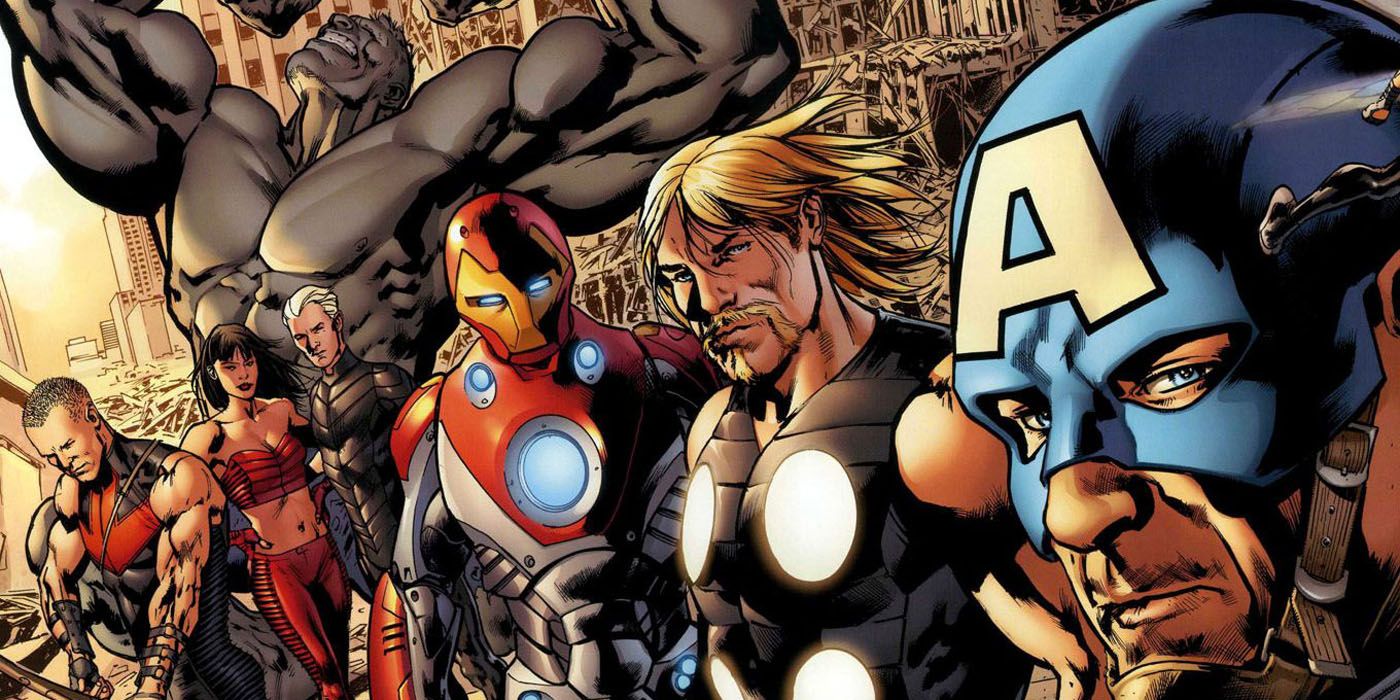
The Ultimates is Mark Millar's reboot of the Avengers, showcasing the ensemble in a darker and more modern form. Nick Fury assembles powerful allies like Captain America to combat an extraterrestrial enemy but the miniseries are much more than this battle. In fact, most of its issues focus on the strategies of the team as they struggle to fight alongside each other.
Captain America gets his own moment to shine as the debut issues take place entirely in a flashback during the Second World War. A valiant and honorable soldier, Steve Rogers gets frozen in time until he leads the Ultimates in the modern era. As fans would notice, The Ultimates played a major part in inspiring the first phase of the Marvel Cinematic Universe.
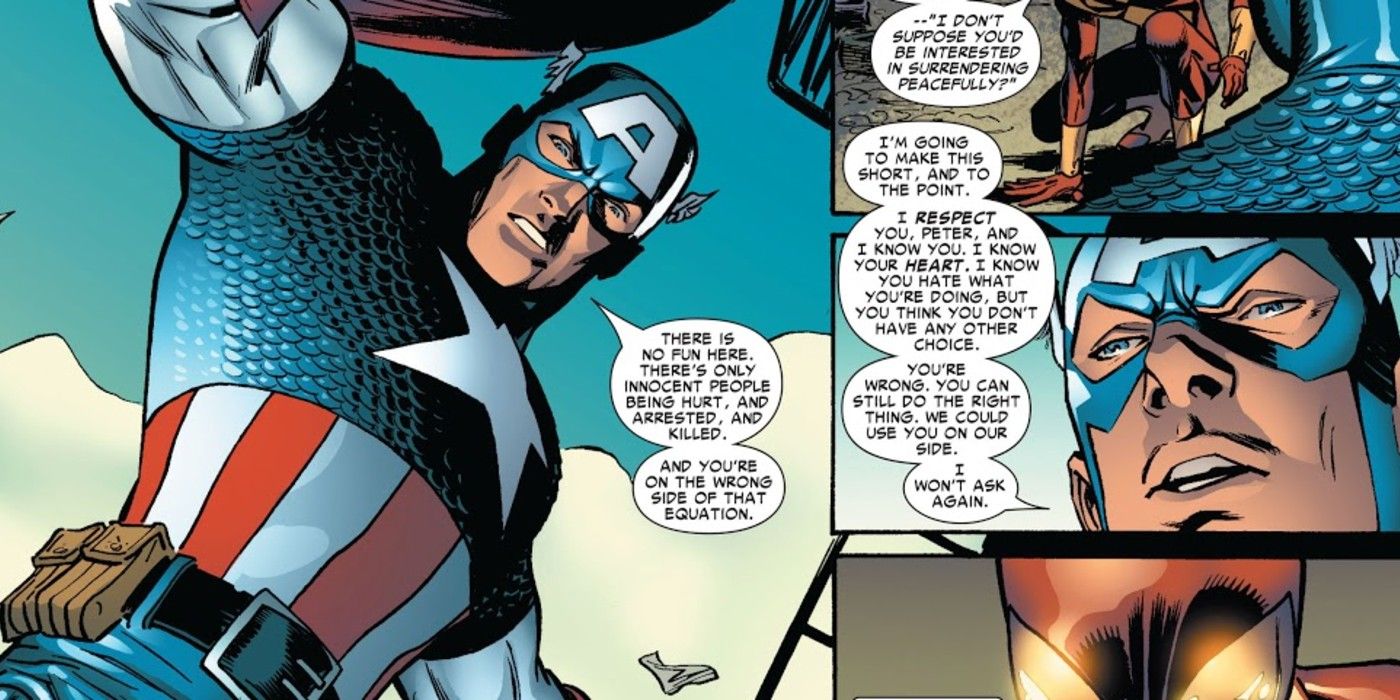
Arguably one of the most era-defining Marvel comics for essential reading, Civil War pits Captain America and Iron Man against each other as they disagree over state control on superheroes. While Iron Man sides with the government, Captain America wishes for heroes to have greater freedom.
The violent conflict leads to the shattering of close ties and also forces the Captain to rethink his own decisions. Even though he's mostly the reliable team leader, he grows perplexed with several Avengers opposing him. Even though he has always been at loggerheads with Stark, Rogers doesn't wish for their rivalry to turn this ugly.
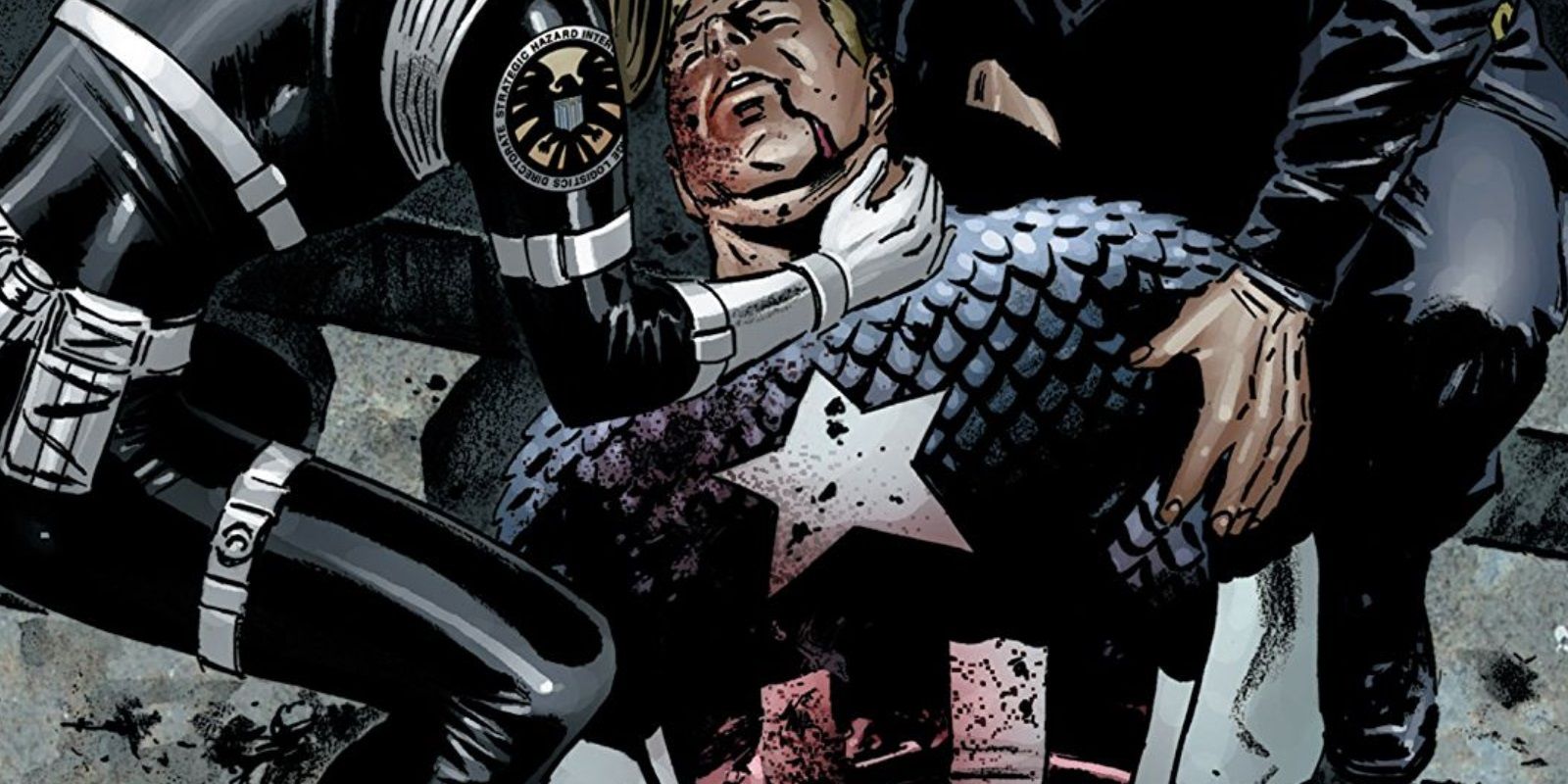
Spanning across eighteen issues, The Death of Captain America is quite a significant storyline for 2000s-era Captain America. After he surrenders to SHIELD in the aftermath of the Civil War, Captain is unknowingly assassinated by none other than his own lover Sharon Carter. After Carter is brainwashed by Doctor Faustus, Red Skull executes his long-awaited plan of killing his arch-nemesis.
The shocking and dramatic event has far-reaching effects on the Marvel continuity. Among other things, Red Skull initiates a police state through a puppet politician while Bucky vows revenge against Iron-Man believing him to be behind Captain's death.
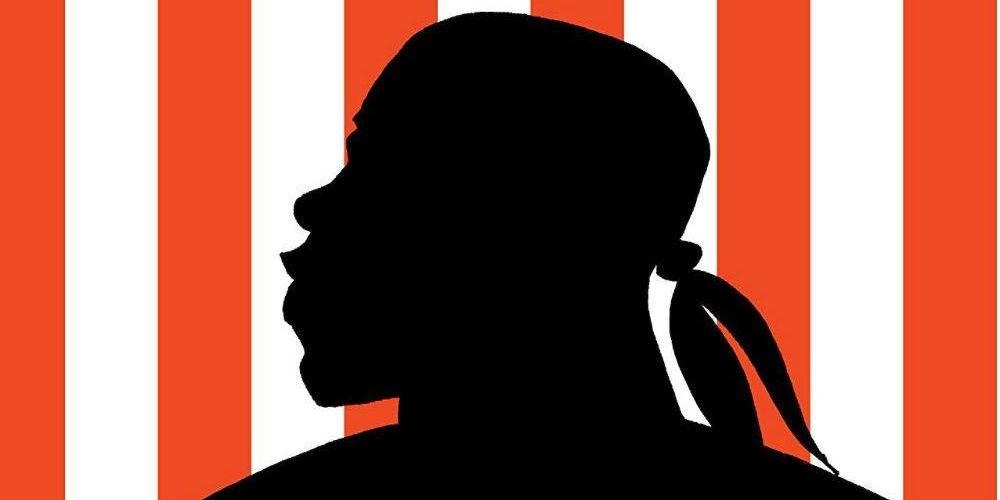
While Steve Rogers became an all-American hero with the Super Soldier Program, there were many others who were unfortunately just treated as lab rats. Isiah Bradley was one of such unfortunate ones. Belonging to a unit of 200 African-American soldiers, Bradley was subjected to intense experimentation by the US Army to create more Super Soldiers.
The socio-political metaphors and the racial divide show the fallacy of the American dream. Bradley's frustration also found mention within major scenes in The Falcon & The Winter Soldier. Fans of the Disney+ Marvel show should definitely read Truth.
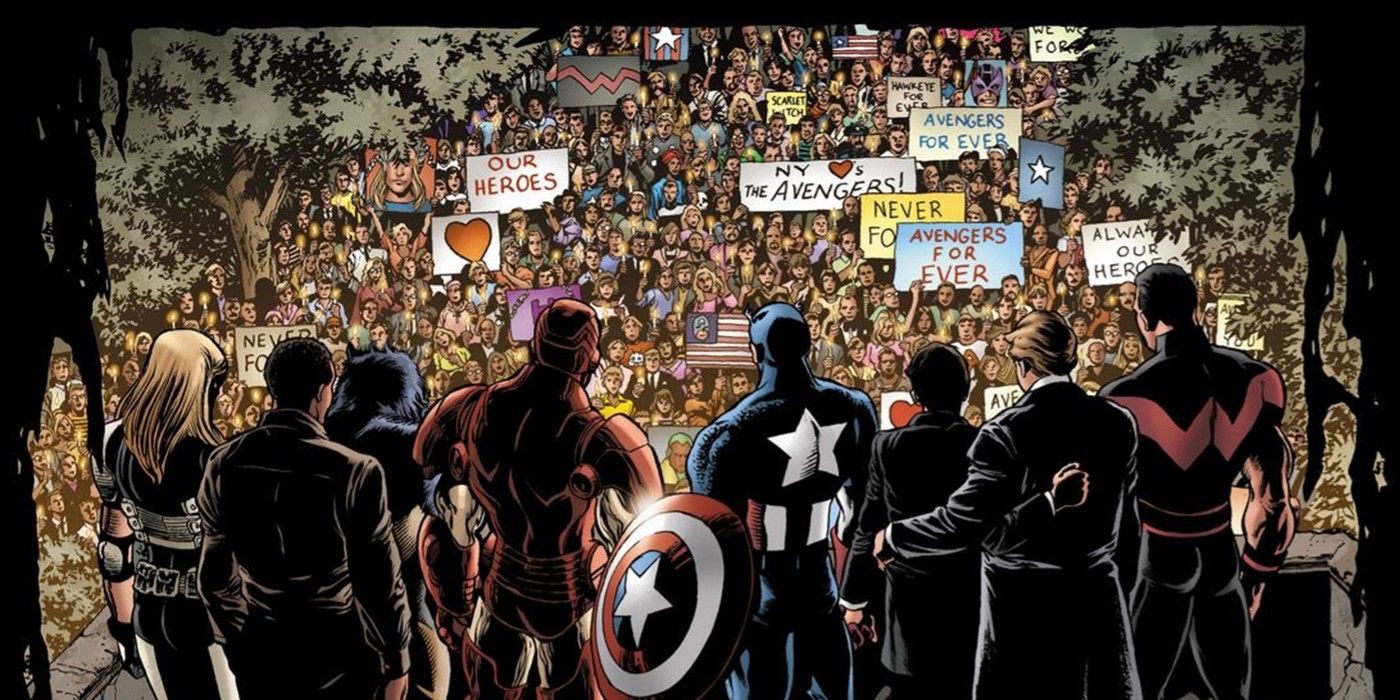
A multi-issue crossover series, Avengers Disassembled is iconic for retconning the Avengers storylines in the 2000s. With numerous deaths and the breakdown of the titular team, most of the characters go through low phases in this storyline. As for Captain America, he hallucinates a romance with Wanda Maximoff aka Scarlet Witch.
Even if their love story was not a real one, Captain America manages to open up to Scarlet Witch about his own set of issues, especially the guilt he feels for Bucky's death. Such scenes in the comic humanize Captain's character further and make readers empathize with him.
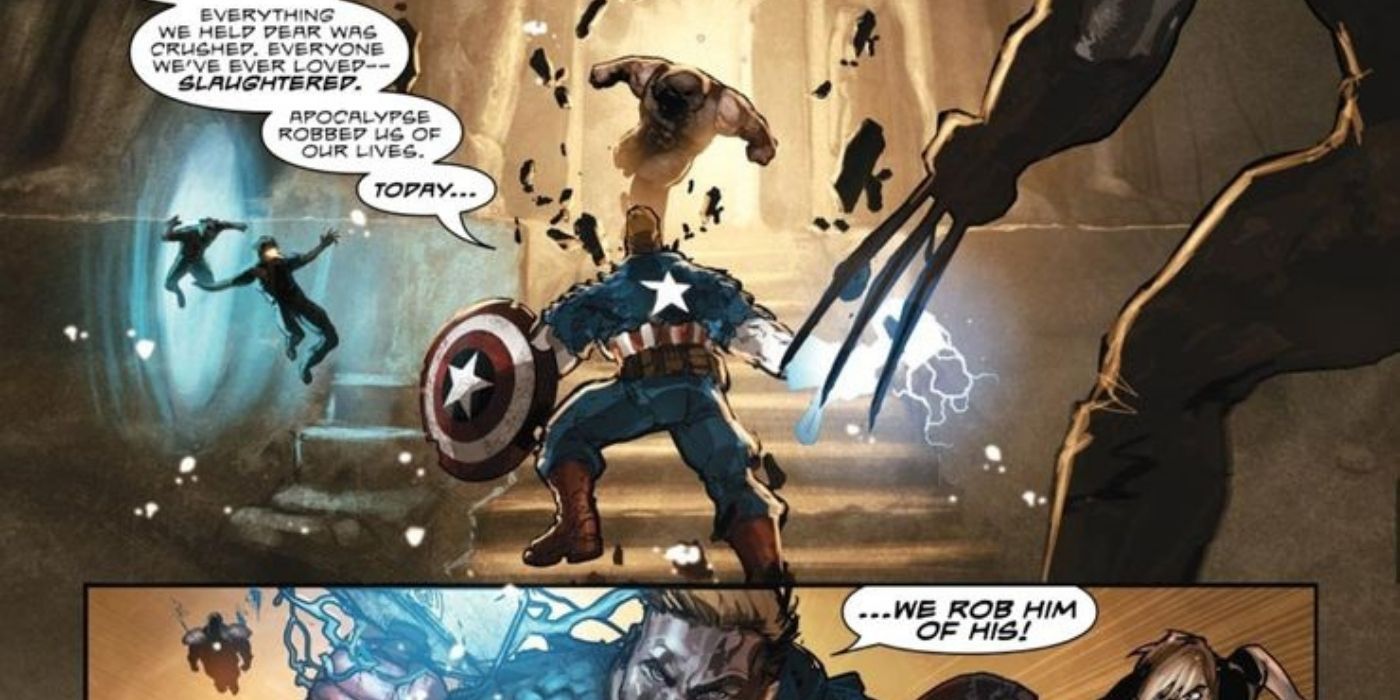
The What If series of essential one-shot comics always bring up unimaginable and bizarrely amusing scenarios. In this case, Captain America leads an alternate version of the Avengers, along with other heroes like Logan (without his adamantium claws) and Captain Britain (who dons an iron armor).
As for Captain America's own appearance, he doesn't wear a mask and wields a powerful version of Thor's hammer Mjolnir. The Avenger wielding Thor's hammer always makes for an iconic moment, just like in the third act of Avengers: Endgame.
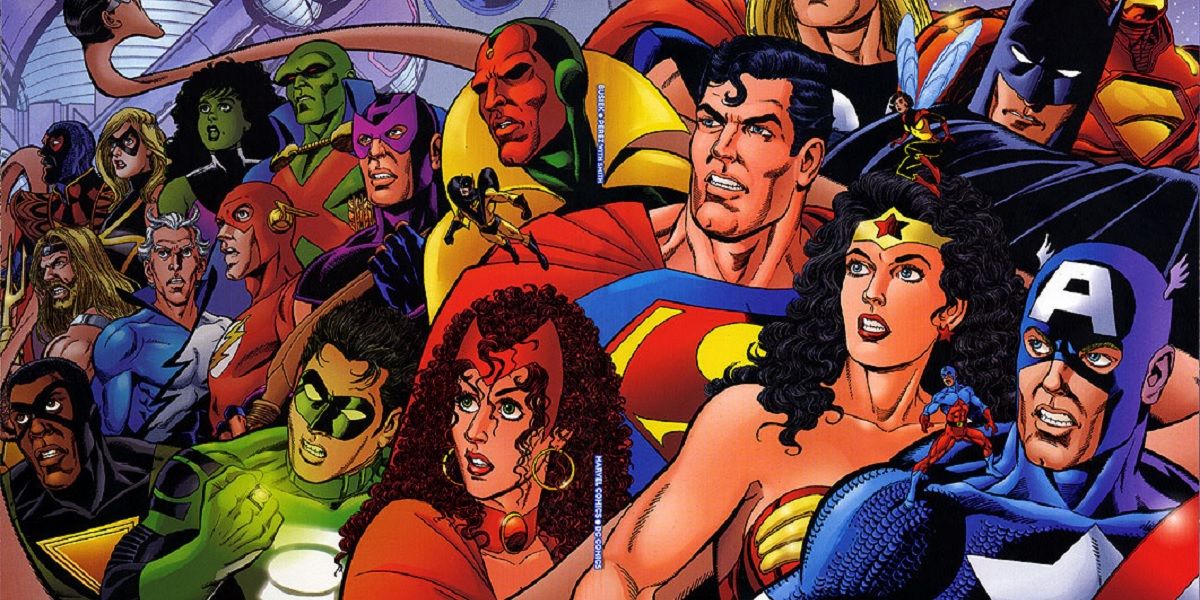
The premise of this ambitious crossover limited series is evident in the title itself. The characters from the DC and Marvel Universe face off against each other as chaos ensues in both dimensions. But as the story progresses, the titular groups join forces to find 12 mystical objects (including the Infinity Gauntlet) that can restore balance.
The opening fight sequences in the start make for great page-turning entertainment as Batman faces off against Captain America. Both heroes resort to skillful hand-to-hand combat on a rainy night while their other peers fight in the background. Later, Cap and Superman make several strategic decisions to unite the two sides.
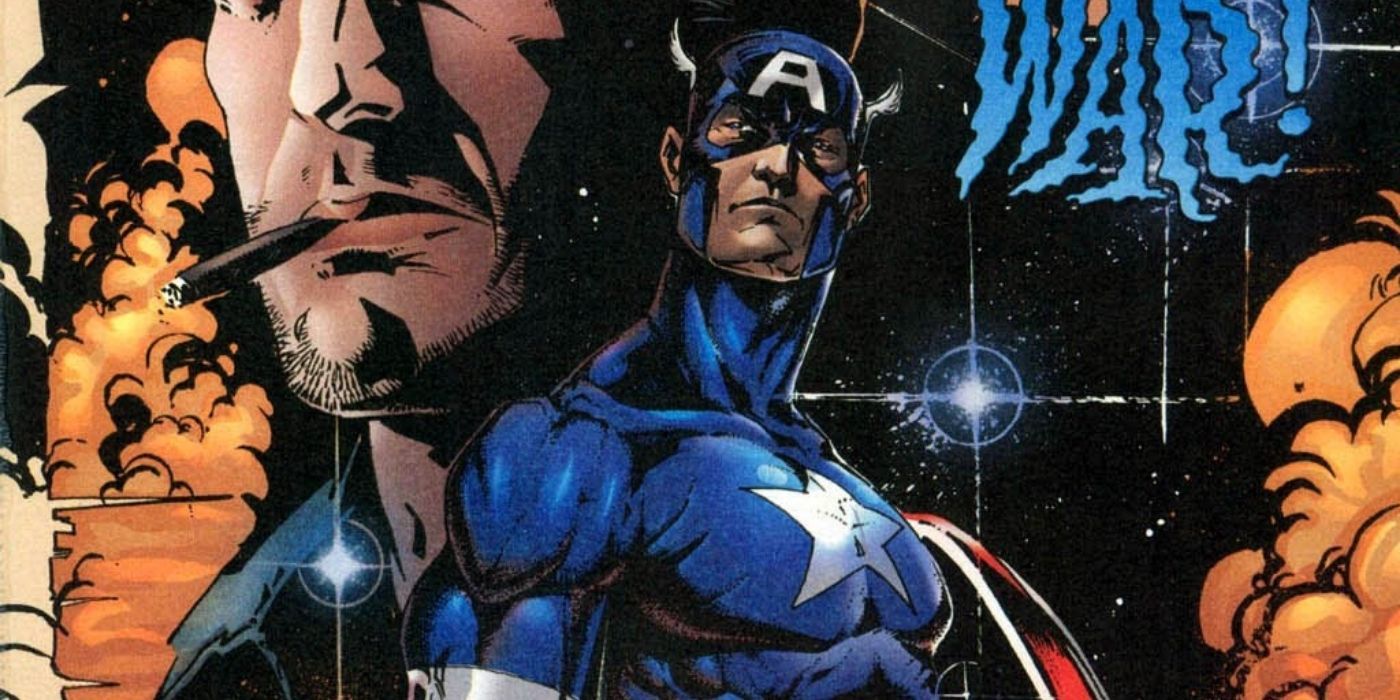
Set in Captain's epic World War II days, The Otherworld War unites him and Nick Fury (in his older pre-Ultimates avatar) in pursuit of an artifact stolen by Red Skull. However, this valuable ends up opening another dimension that prompts the two heroes to combat Dormammu.
The sixty-eight-page one-shot is an adrenaline-fueled adventure that highlights the power of strategy that both Steve Rogers and Nick Fury emulate. Instead of just relying on their brawn, they also put their brain to good use.
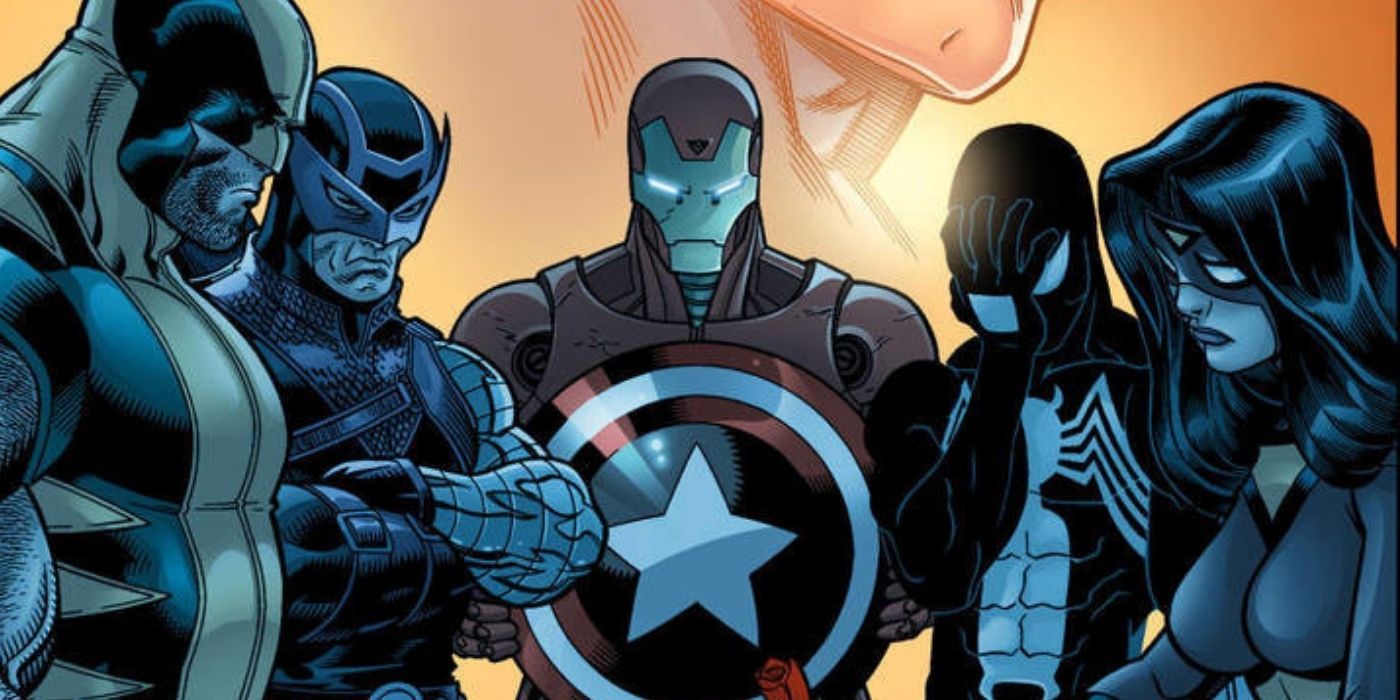
Even though Captain America was resurrected with the Reborn storyline, Fallen Son continued to include a period when Captain America was indeed presumed to be dead. With each of the five issues capturing the five stages of grief, Fallen Son revolves around different Avengers trying out their desperate methods to ensure that Captain America is alive.
However, he continues to be dead and hardly makes an appearance in the series. Even the most cold-hearted superheroes like Wolverine are moved by his demise and try their best to find him. Such moments go on to show how much Captain America means to other heroes in the Marvel Universe.
from ScreenRant - Feed https://ift.tt/2Y1HgaV



0 Comments